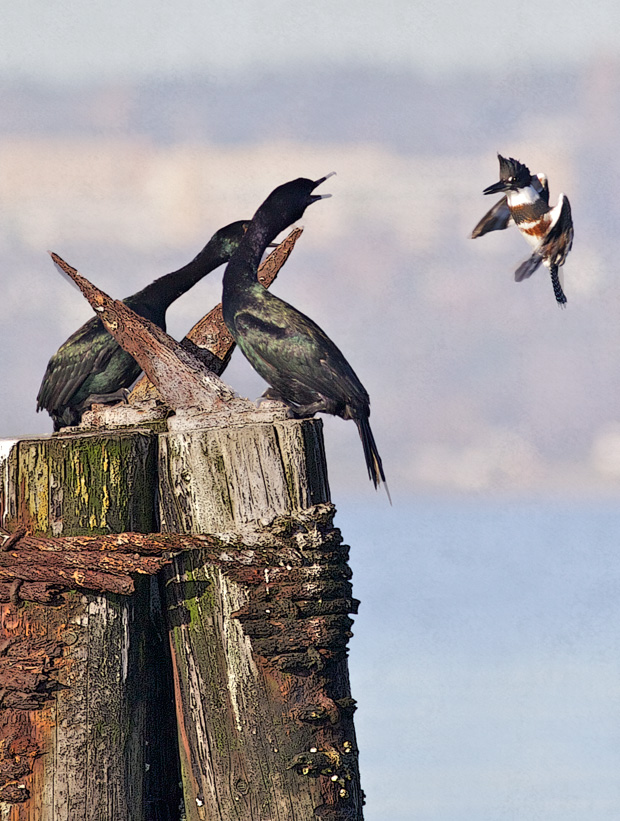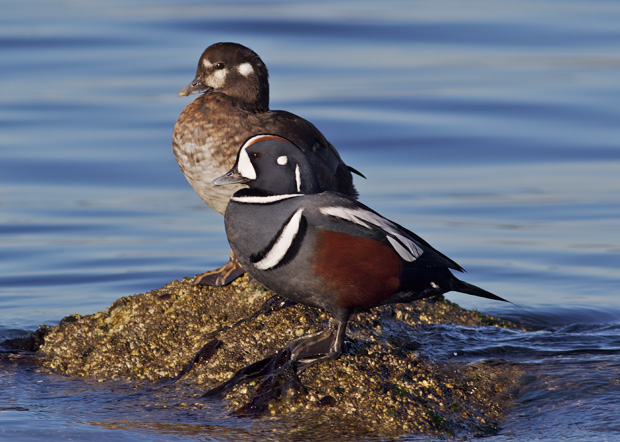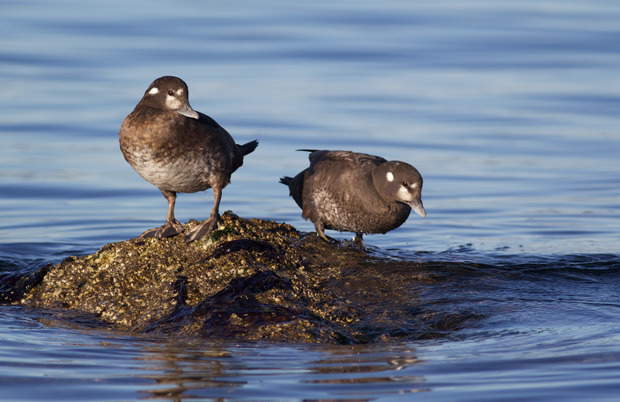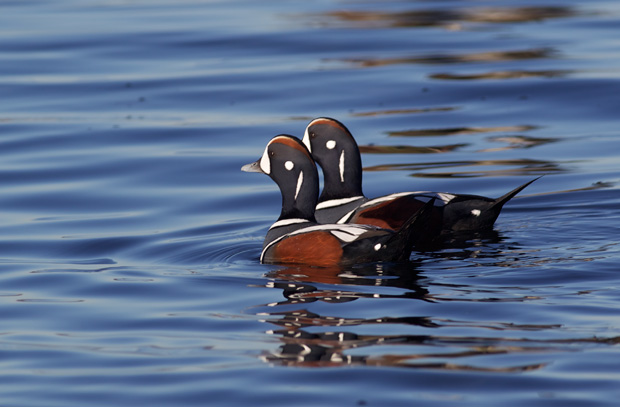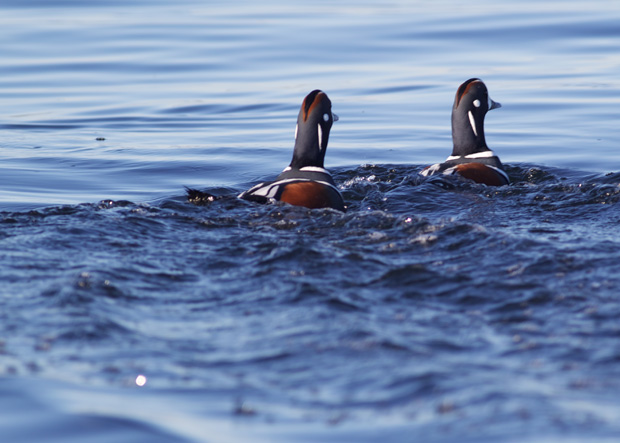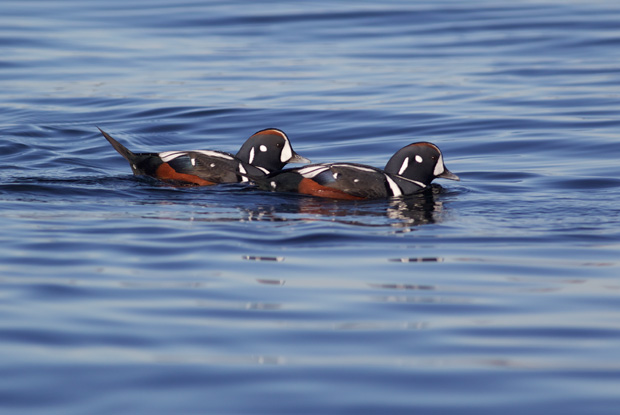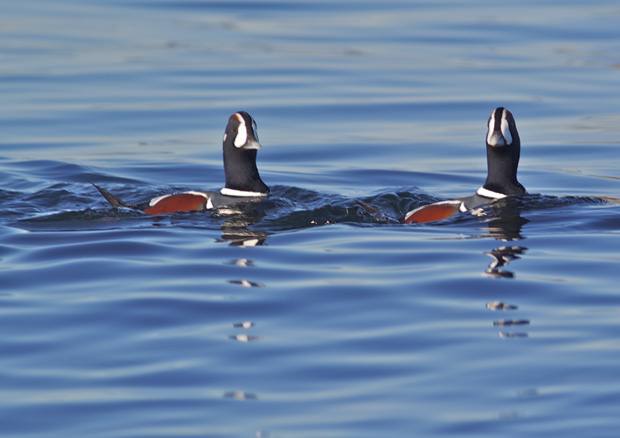I’ve finished Part Two: The Love of Solitude of Merton’s Thoughts in Solitude. I must say that the book left me with a familiar feeling. I keep thinking I should like Merton more than I actually do. I felt the same way when I read his collected poems several years ago. I was attracted to the book by a few of his poems I absolutely loved but was largely indifferent to most of them.
The same seems to be true of this book. Some insights seem absolutely right on, like this one:
In our age everything has to be a “problem.” Ours is a time of anxiety because we have willed it to be so. Our anxiety is not imposed on us by force from outside. We impose it on our world and upon one another from within ourselves.
Sanctity in such an age means, no doubt, travelling from the area of anxiety to the area in which there is no anxiety or perhaps it may mean learning, from God, to be without anxiety in the midst of anxiety.
Fundamentally, as Max Picard points out, it probably comes to this: living in a silence which so reconciles the contradictions within us that, although they remain within us, they cease to be a problem (of World of Silence, p. 66-67).
Contradictions have always existed in the soul of man. But it is only when we prefer analysis to silence that they become a constant and insoluble problem. We are not meant to resolve all contradictions but to live with them and rise above them and see them in the light of exterior and objective values which make them trivial by comparison.
Silence, then, belongs to the substance of sanctity. In silence and hope are formed the strength of the Saints (Isaias 30:15).
I’ve always been a critical thinker; it comes naturally to me; it’s what I was rewarded for lo those many school years. Meditation provides at least momentary relief from my monkey brain. Long hikes or backpacks provided an extended vacation.
Merton’s comments remind me of Whitman’s “Do I contradict myself? Very well, then, I contradict myself. I am large, I contain multitudes.” We should be aware of contradictions, but we don’t have to be obsessed with resolving them. Critical thinking has become such a way of life, at least for liberal progressives, that we think we have to find the answer to every aspect of life.
Unfortunately, at least as far as this book is concerned, his religious views and mine are so far apart that I can’t identify with passages like this:
The solitary life is above all a life of prayer.
We do not pray for the sake of praying, but for the sake of being heard. We do not pray in order to listen to ourselves praying but in order that God may hear us and answer us. Also, we do not pray in order to receive just any answer: it must be God’s answer.
Therefore a solitary will be a man who is always praying, and who there is always intent upon God, solicitous for the purity of his own prayer to God, careful not to substitute his own answers for God’s answers, careful not to make prayer an end in itself, careful to keep his prayer hidden and simple and clean. In so doing, he can mercifully forget that his “perfection” depends on his prayer: he can forget himself and live in expectation of God’s answers.
In the end, I’m afraid Merton’s book reminds me more than ever that I wasn’t raised a “Christian” and simply can’t identify with that way of seeing the world. I’m not sure I’ve ever “prayed” for anything, certainly not for “perfection.” The unintended effect of the book is to make me think that I’m closer to being a Buddhist than to being a Christian, though I really have no illusion that I’m a Buddhist other than in philosophy.
Like this:
Like Loading...

